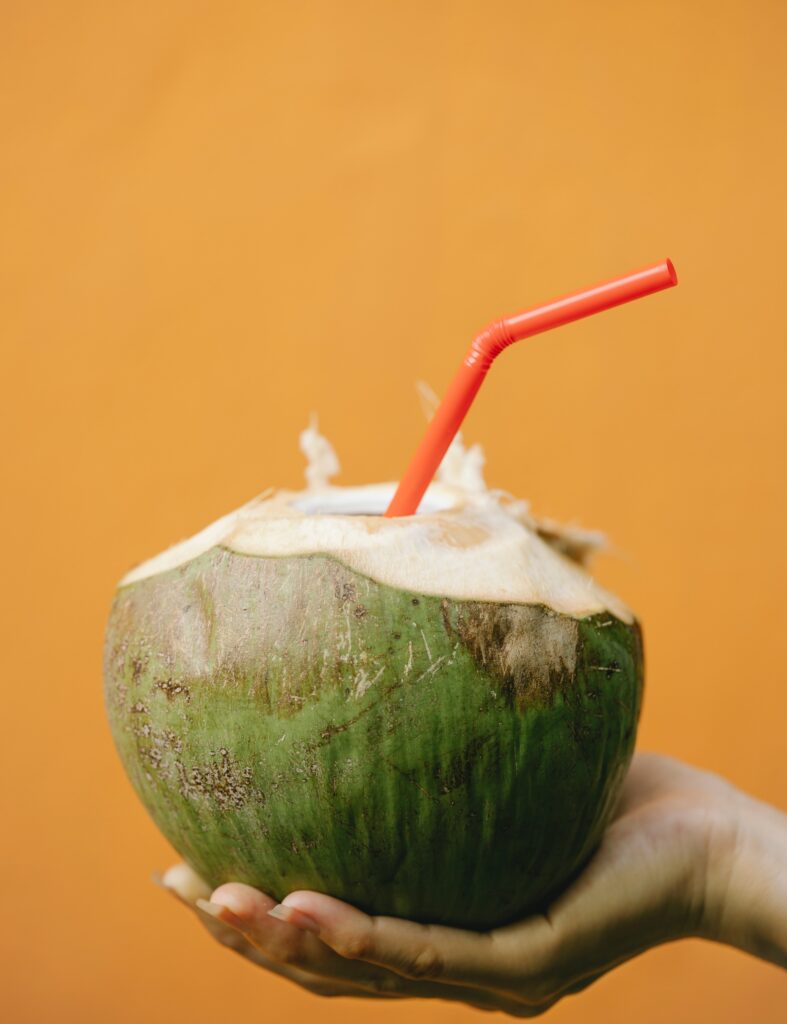Coconut Indonesia trees are among the most prolific in the world, with over 18 million hectares of land dedicated to their cultivation. As a result, the country is a major exporter of coconut products, including coconut oil, coconut water, coconut sugar, and coconut milk. However, it is the unique flavor of Indonesian
coconuts that truly sets them apart from coconuts grown in other parts of the
world.
The flavor of Indonesian coconuts is shaped by a combination of factors, including the climate, soil, and cultivation practices used in the country. Indonesia’s tropical climate, with its warm temperatures and high humidity, provides an ideal environment for coconut trees to thrive. The soil in Indonesia is also
rich in nutrients, which allows the coconut trees to grow strong and produce coconuts with a unique flavor.
One of the key factors that contributes to the unique flavor of Indonesian coconuts is the variety of coconut grown in the country.
The most common variety of coconut grown in Indonesia are known for their sweet,
nutty flavor and are prized for their high oil content.
The cultivation practices used by Indonesian coconut farmers also play a role in shaping the flavor of the coconuts. Many Indonesian farmers use traditional methods, such as intercropping with other crops and using organic fertilizers, which help to enhance the flavor of the coconuts. In addition, the way that the coconuts are harvested and processed can also impact their flavor. For example, coconuts that are harvested when they are young and green tend to have a milder flavor than those that are allowed to ripen on the tree.
Indonesian coconut products, such as coconut milk and coconut oil, are used in a wide range of dishes and desserts in Indonesian cuisine. The natural sweetness and nuttiness of Indonesian coconuts make them an ideal ingredient for curries, soups, and stews, as well as sweet desserts like coconut rice pudding and coconut cake.
In conclusion, the unique flavor of Indonesian coconuts is a result of a combination of factors, including the climate, soil, and cultivation practices used in the country. The sweet, nutty flavor of Indonesian coconuts has made them a favorite ingredient in Indonesian cuisine and a sought-after export around the world. As demand for coconut-based products continues to grow, the unique flavor of Indonesian coconuts will continue to be appreciated and celebrated by food lovers and chefs alike.


Im pretty pleased to discover this page. I wanted to thank you for ones time for this fantastic read!! I definitely really liked every bit of it and i also have you saved as a favorite to see new things in your blog.
Thank you for your kind comments. We will work harder to make good articles in the future. Please stay tuned.